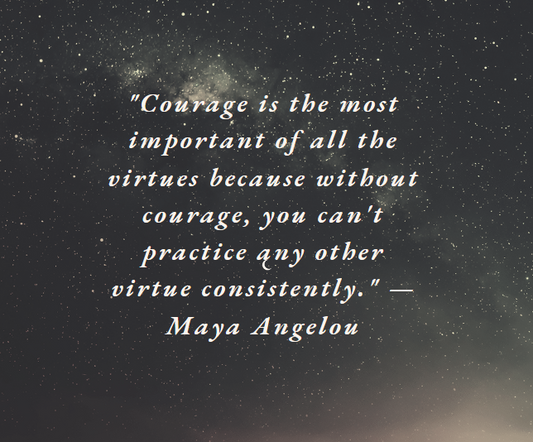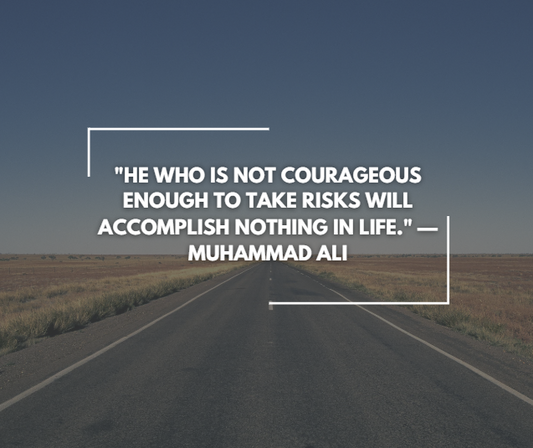Rudy Giuliani's statement, "Change is not a destination, just as hope is not a strategy," encapsulates a critical understanding about the nature of progress and the approach to achieving meaningful outcomes. This perspective emphasizes the need for actionable plans over passive optimism and recognizes change as a continuous process rather than a fixed goal.
The Nature of Change
Change is often viewed as a means to an end, a way to achieve a specific outcome. However, Giuliani’s assertion highlights that change itself is not the final objective. Instead, change is an ongoing journey, characterized by adaptation, evolution, and transformation. Viewing change as a destination can lead to complacency once a particular goal is reached, undermining long-term growth and development. True progress requires continuous improvement and the willingness to adapt to new circumstances and challenges.
The Limitations of Hope
Hope, while a powerful and necessary emotion, lacks the concrete action required to bring about real results. Giuliani’s comparison emphasizes that hope alone cannot serve as a strategy. Hope can inspire and motivate, but without a clear plan and actionable steps, it remains a passive wish. A strategy involves detailed planning, resource allocation, and implementation. It requires setting specific, measurable goals and developing a roadmap to achieve them. In essence, hope without strategy is ineffectual in creating substantive change.
The Intersection of Change and Strategy
To navigate change effectively, one must couple hope with strategic action. This involves understanding the forces driving change and developing a proactive approach to manage and leverage these forces. For instance, in a business context, market shifts, technological advancements, and evolving consumer preferences necessitate a strategic response. Companies that thrive are those that anticipate change and devise comprehensive strategies to adapt and innovate.
Practical Implications
1. Personal Development: On a personal level, embracing Giuliani’s insight means recognizing that self-improvement is an ongoing process. Setting personal goals and hoping for a better future is not enough. Individuals need to create actionable plans, develop new skills, and consistently push themselves beyond their comfort zones.
2. Organizational Strategy: For organizations, this perspective underscores the importance of strategic planning and execution. Companies must do more than hope for success in a competitive market; they need to conduct market research, understand industry trends, and implement detailed business plans. Regularly reviewing and adjusting these plans ensures that the organization remains agile and responsive to change.
3. Societal Change: On a societal level, addressing complex issues such as climate change, inequality, and public health requires more than hope. It demands comprehensive policies, collaboration across sectors, and sustained effort. Policymakers and activists must combine their vision of a better future with actionable strategies to create impactful and lasting change.
The Role of Leadership
Effective leaders understand the distinction between change and destination, and between hope and strategy. They inspire their teams with a vision of the future but also lay out clear plans to achieve that vision. They recognize that change is a continuous journey and guide their organizations through constant adaptation and improvement.
Rudy Giuliani’s statement serves as a powerful reminder that meaningful progress requires more than just a desire for change and hope for better outcomes. It necessitates a strategic approach, continuous effort, and a commitment to adapting and evolving. By understanding that change is an ongoing process and that hope must be paired with actionable plans, individuals, organizations, and societies can better navigate the complexities of the modern world and achieve sustained success.





